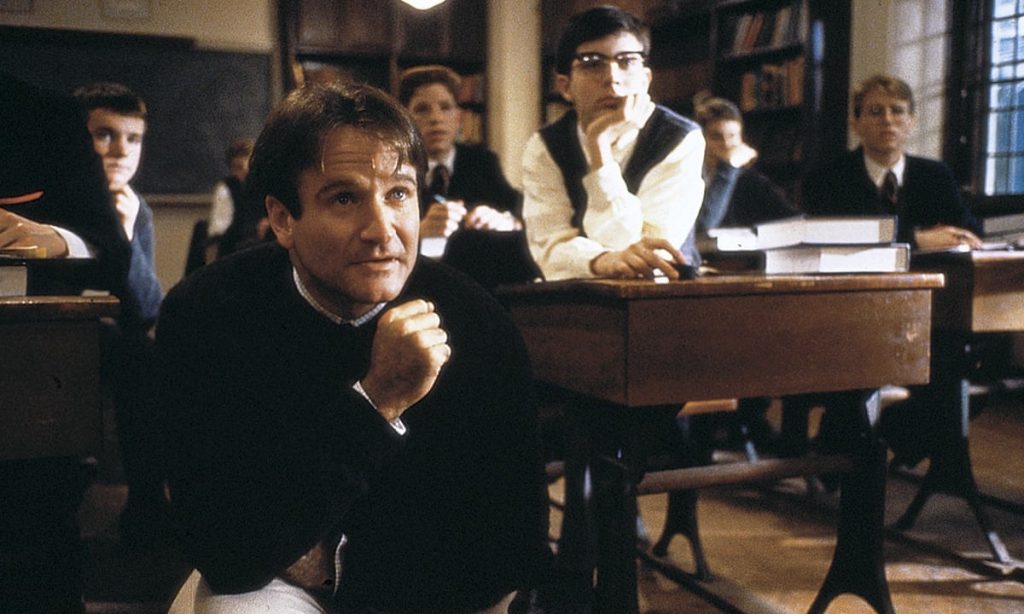I have been lucky to have had many great teachers during my academic life and mentors who continue to enrich my intellectual pursuits. In this post, I want to write about only three of them.
The first is Graham Fulton. When I first met him, he was a psychology professor at University College Sedaya International (UCSI), Kuala Lumpur, Malaysia. I was a student there from January 2006 till July 2007, though I never had a chance to take a class with Graham. Soon after my arrival, he moved to a different school. Because he had made a very positive impression on me during a brief conversation, I reached out to him via email, after which he invited me for coffee and we started meeting regularly on weekends.
In our conversations, Graham was always delightful. He was so alive and in the here-and-now, present, and responsive. I cannot imagine or remember him without a smile. With a big heart and a generous spirit, he never said (or implied) that our meetings were a favor to me, even though they absolutely were. During our meetings, he casually taught me about social constructionism, George Herbert Mead, the often-neglected role of culture in how we (ought to) think (about psychology), and other issues. He told me about his doctoral research, which was about grief. Assuming that I still remember correctly, he had return to school in his 40s to complete a PhD.
He didn’t stay in Malaysia much after I left (he consistently got into conflict with university administrators, and I believe he eventually left academia). I learned about his return to Australia later on through our email exchanges. Having lived a life prior to getting a PhD gave Graham a sense of freedom, something that couldn’t be taken away from him.
The second teacher is Rory Coughlan (1952-2019), whom I met at Trent University. Again, I didn’t get a chance to take any classes with him. But I emailed him soon after my arrival at Trent after reading his research interests on his webpage. We met in his office. It was the Fall of 2007 and I was about to experience my first cold Canadian winter. But Rory’s office was full of warmth and soul. With endless cheerfulness and passion, he talked about psychology and especially about real concrete human problems. He was the only (?) qualitative researcher in the department. And he talked and wrote about people and their problems. I must admit that I didn’t appreciate that at the time. But he planted a seed, which eventually began to grow during my graduate studies. Rory also mentioned G. H. Mead, J. J. Gibson, and recommended John Russon’s (2003) short book, Human Experience.
At the time, I was still a smoker and–like several other fellow students–I occasionally shared smoking breaks with Rory (he had a special spot, mostly protected from cold winds, near his office). I also attended one of his lectures as a guest. Afterward, when I complimented him on his exceptionally engaging style, he told me that it all came from his earlier career as a stage musician. Having lived a different life prior to becoming a university professor gave Rory a sense of freedom, which he embodied in an inspiring and unforgettable way.
I met Romin Tafarodi a few days before I left Toronto in 2015. Some might say it was a late discovery. Perhaps too late. I had spent the whole five years at University of Toronto without ever having talked with Romin. The department was a big elaborate complex and we were in different parts of it. I had heard about him from an undergraduate student who participated in his informal reading group. I also had gained a deep respect for him based on the type of professors who disliked him. Even before meeting him I knew that, like Graham and Rory, Romin is a free spirit. The moment we began talking, I sensed his freedom, a freedom that can fill the space of an office, a freedom that impacts the way an office is furnished. He had a comfortable chair and a diverse office library. Unlike most conversation partners I had in that department, Romin had no rush to get to the point. He didn’t want to have a use for me or be useful to me. It was an idle encounter, which is to say a truly human encounter. There was a rich silence in the background of whatever we said. And if there is a “point” to our conversation, it had to do with attention to that silence. We talked for about 45 minutes. And I still consider Romin one of the great teachers I met at University of Toronto.

Being a great teacher doesn’t require a classroom. It doesn’t necessarily involve taking a “course”, doing homework, and receiving a grade. It doesn’t require a formal relationship to a “supervisor”. It doesn’t require algorithmic instructions–to be followed by the student–as much as it involves embodying a human freedom that could be perceived, understood, (or modeled) by the student. Great teaching requires recognition, perhaps, on the part of the student. It requires presence and availability, on the part of the teacher. From both sides, it requires participation.